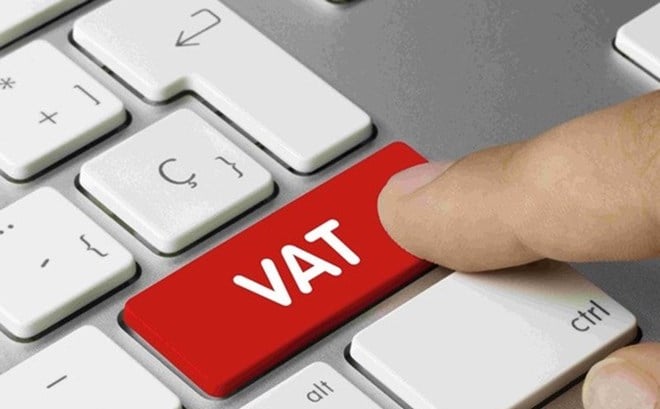
The Ministry of Finance said that currently, the number of groups of goods and services that are not subject to tax is 26 and input VAT is not deductible, increasing production costs of enterprises and increasing selling prices, affecting enterprises in the supply chain.
The application of current tax rates including 3 levels: 0%, 5% and 10% for groups of goods is not yet suitable.
There are still many subjects subject to the 5% VAT rate, up to 14 groups of goods and services, which are not consistent with the direction of reforming the tax system, moving towards applying a common tax rate.
Determining tax rates for some goods based on their intended use causes confusion for both tax authorities and taxpayers.
For sales revenue of goods and services not subject to VAT with a level of 100 million VND or less/year, it is necessary to study and adjust to suit price fluctuations and a number of other factors to suit the socio-economic context.
In addition, the regulations on VAT calculation prices for real estate business activities are also understood differently by taxpayers and tax authorities. At the same time, the regulations on input VAT deduction need to be more stringent to help prevent fraud in VAT deduction and refund, and prevent budget revenue loss.
The Ministry of Finance also believes that it is necessary to study and supplement regulations on VAT refunds for enterprises producing and supplying goods and services subject to 5% VAT, whose input is mainly subject to a 10% tax rate; study and amend regulations on tax refunds for investment projects to handle problems arising in practice and create conditions for enterprises to invest and innovate technology, thereby increasing labor productivity and increasing the competitiveness of enterprises.
Therefore, the Ministry of Finance believes that it is necessary to promulgate the Law on VAT (amended) to perfect regulations on VAT policy to cover all revenue sources, expand the revenue base; ensure transparency, ease of understanding, and ease of implementation of the Law to contribute to improving the capacity and effectiveness of tax management activities in preventing and combating tax evasion, tax losses and tax arrears; ensure correct and sufficient collection to the State budget, and ensure stable State budget revenue.
At the same time, overcome the difficulties arising in the implementation of the VAT Law in recent times; remove inadequacies and overlaps in the VAT law system and ensure consistency and synchronization with related laws; ensure feasibility, transparency and convenience for implementation, and open up and promote resources for socio-economic development. Amend and supplement regulations to conform to international tax reform trends.
According to statistics from the Ministry of Finance, from 2013 to 2022, although the domestic economy faced many difficulties and challenges due to the impact of the world economy, VAT revenue was still guaranteed, growing steadily over the years and stabilizing the proportion of VAT revenue in the total state budget revenue.
In addition, VAT revenue always accounts for a high proportion of total state budget revenue as well as a high proportion of total tax revenue, specifically: In 2014, it was about 26.9%, in 2019, it was about 23.3%, in 2020, it was about 22.7%, in 2021, it was about 23.6% (in 2020, 2021, it was affected by the COVID-19 pandemic), in 2022, it was about 24.5%.
Source




![[Photo] National Assembly Chairman Tran Thanh Man attends the VinFuture 2025 Award Ceremony](/_next/image?url=https%3A%2F%2Fvphoto.vietnam.vn%2Fthumb%2F1200x675%2Fvietnam%2Fresource%2FIMAGE%2F2025%2F12%2F05%2F1764951162416_2628509768338816493-6995-jpg.webp&w=3840&q=75)

![[Photo] 60th Anniversary of the Founding of the Vietnam Association of Photographic Artists](/_next/image?url=https%3A%2F%2Fvphoto.vietnam.vn%2Fthumb%2F1200x675%2Fvietnam%2Fresource%2FIMAGE%2F2025%2F12%2F05%2F1764935864512_a1-bnd-0841-9740-jpg.webp&w=3840&q=75)

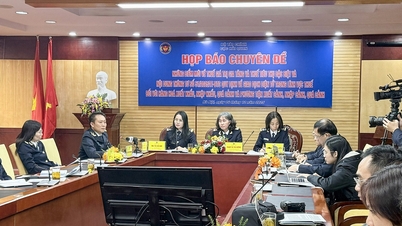

![[Infographic] Cross-calculated exchange rates to determine taxable value from December 4-10](https://vphoto.vietnam.vn/thumb/402x226/vietnam/resource/IMAGE/2025/12/04/1764832340841_infographic-ty-gia-tinh-cheo-de-xac-dinh-tri-gia-tinh-thue-tu-4-1012-20251204120447.jpeg)

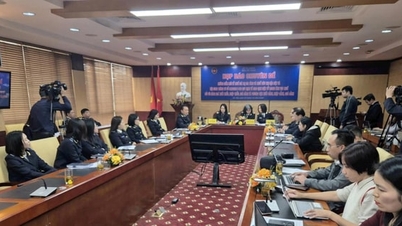



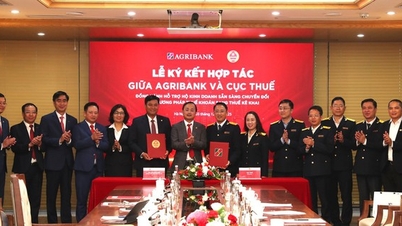

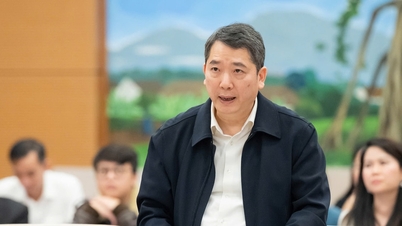

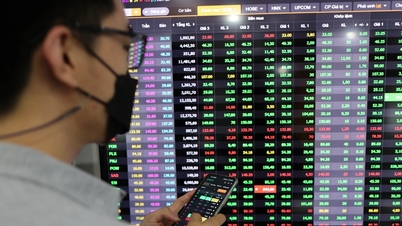



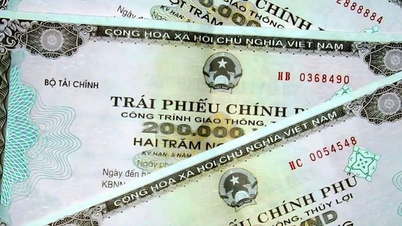

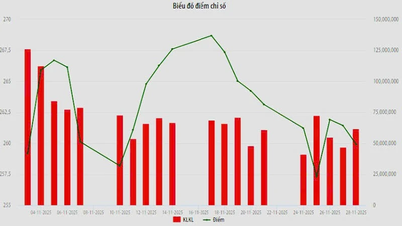
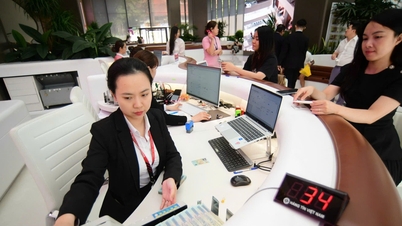

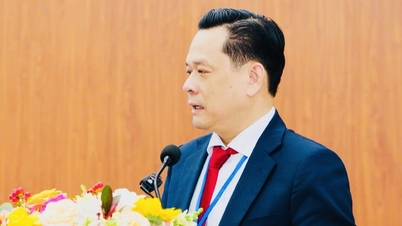




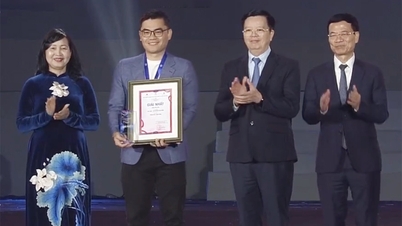
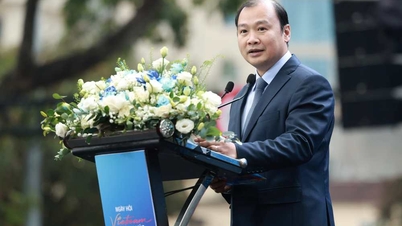



















































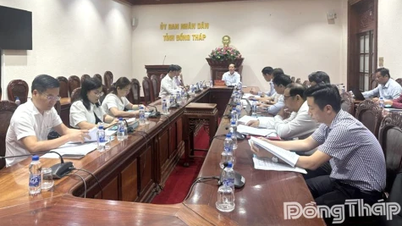



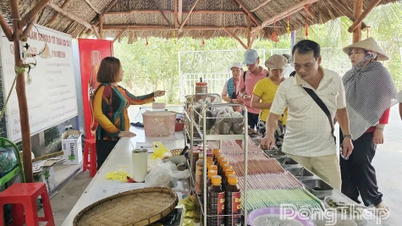
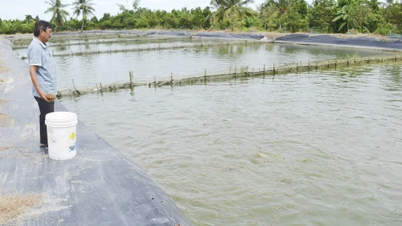
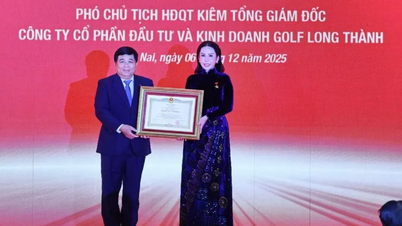


















Comment (0)